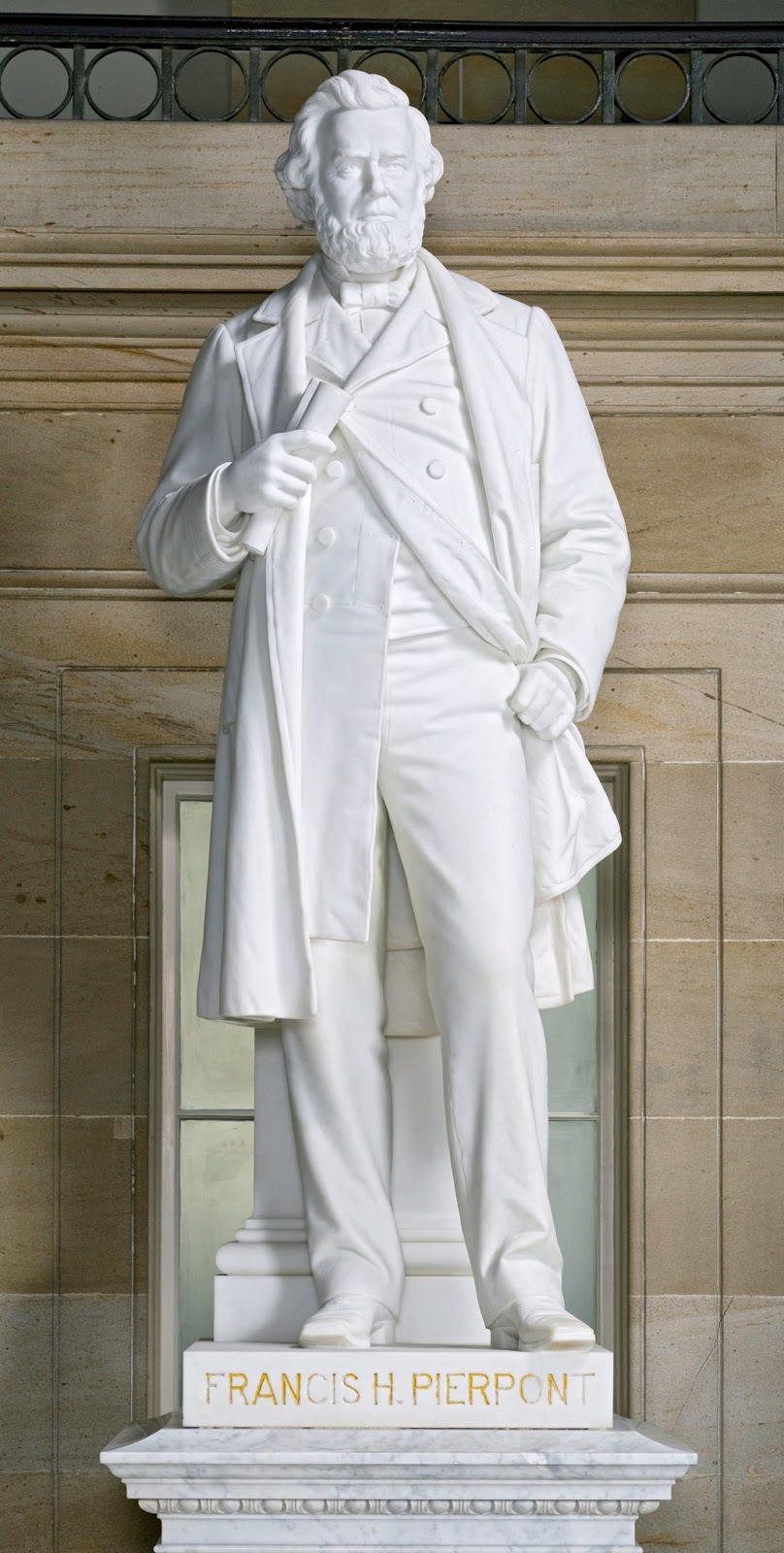 The Battle of Lake Champlain during the War of 1812 took place on September 11, 1814. Many of the sailors who were killed during that military engagement were buried in a mass grave on Crab Island, just outside the town of Plattsburgh, New York.
The Battle of Lake Champlain during the War of 1812 took place on September 11, 1814. Many of the sailors who were killed during that military engagement were buried in a mass grave on Crab Island, just outside the town of Plattsburgh, New York.About eight years later, the young Plattsburgh-born poet Lucretia Maria Davidson traveled across Lake Champlain in a steamboat and saw Crab Island. Remembering the dead that remained interred and unmarked there, the 14-year old poet wrote "Reflections, on Crossing Lake Champlain in the Steamboat Phoenix":
Islet on the lake's calm bosom,
In thy breast rich treasures lie;
Heroes! there your bones shall moulder,
But your fame shall never die.
Islet on the lake's calm bosom,
Sleep serenely in thy bed;
Brightest gem our waves can boast,
Guardian angel of the dead!
Calm upon the waves recline,
Till great Nature's reign is o'er;
Until old and swift-winged time
Sinks, and order is no more.
Then thy guardianship shall cease,
Then shall rock thy aged bed;
And when Heaven's last trump shall sound,
Thou shalt yield thy noble dead!
Davidson was already sick with the tuberculosis that would kill her about two years writing the above poem. She was 16. Her sincere interest in poetry, coupled with her young innocence, lent credence to the belief that her tuberculosis inspired her to have a strong poetic sensibility. Her supporters after her death included Samuel F. B. Morse and Catharine Maria Sedgwick each of whom assisted with posthumous publications of her work.




















